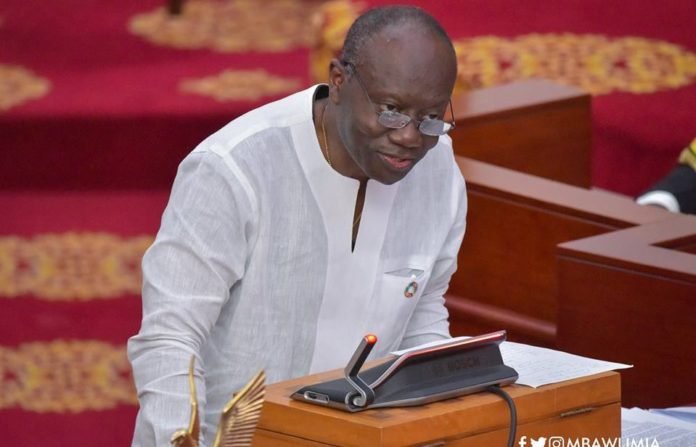
The Opposition National Democratic Congress (NDC) has told government not to attempt to use COVID-19 pandemic as an excuse for the decision to reverse benchmark value discounts.
During a press conference held at the NDC Headquarters in Accra, the National Communication Officer for the party, Sammy Gyamfi indicated that irrespective of the ravaging effect of the pandemic the government cannot deny gains therein.
According to the NDC, blaming the reversal of the benchmark value on the COVID would amount to insensitivity to the people of Ghana adding that this administration “blames literally every single thing on COVID-19, including when the sun fails to appear.”
“However, it is important to state forcefully that COVID-19 can never be blamed for the reversal of benchmark values. Government exceeded its revenue target for the year 2020 (COVID year) and actually raked in more revenue than they did before COVID struck,” Sammy Gyamfi stated.
He continued “For instance, in the year 2019 before the advent of COVID-19, total tax revenue stood at just about GHS43 billion, while total tax revenue for 2020 (covid-year) stood at GHS45.3 billion, thereby exceeding government’s tax revenue target for 2020 by a whopping GHS2.5 billion. Also, whereas the government projected a total tax revenue of GHS55 billion for the 2021 fiscal year, our checks show that this revenue target has been exceeded.
“In addition to this, and by courtesy of the coronavirus pandemic, government has received support of about US$2 billion from the IMF, a US$100 million grant from the World Bank, US$250 million from the Stabilization Fund, about GHS20 billion support from the Central Bank, among others, all of which have been squandered on hyper-inflated consumption-related expenditures.”
The Ghana Revenue Authority, (GRA) on Sunday, January 2, 2022, in a statement announced the implementation of the reversal of the Benchmark Value and will kick start on January 4, after the government’s announcement in the 2022 budget statement.
The implementation will affect 43 selected items including rice, poultry, sugar, palm oil, toilet paper, mosquito coils, machetes, and vehicles among other goods.
Source: Ghana/Starrfm.com.gh/103.5FM/Isaac Dzidzoamenu


